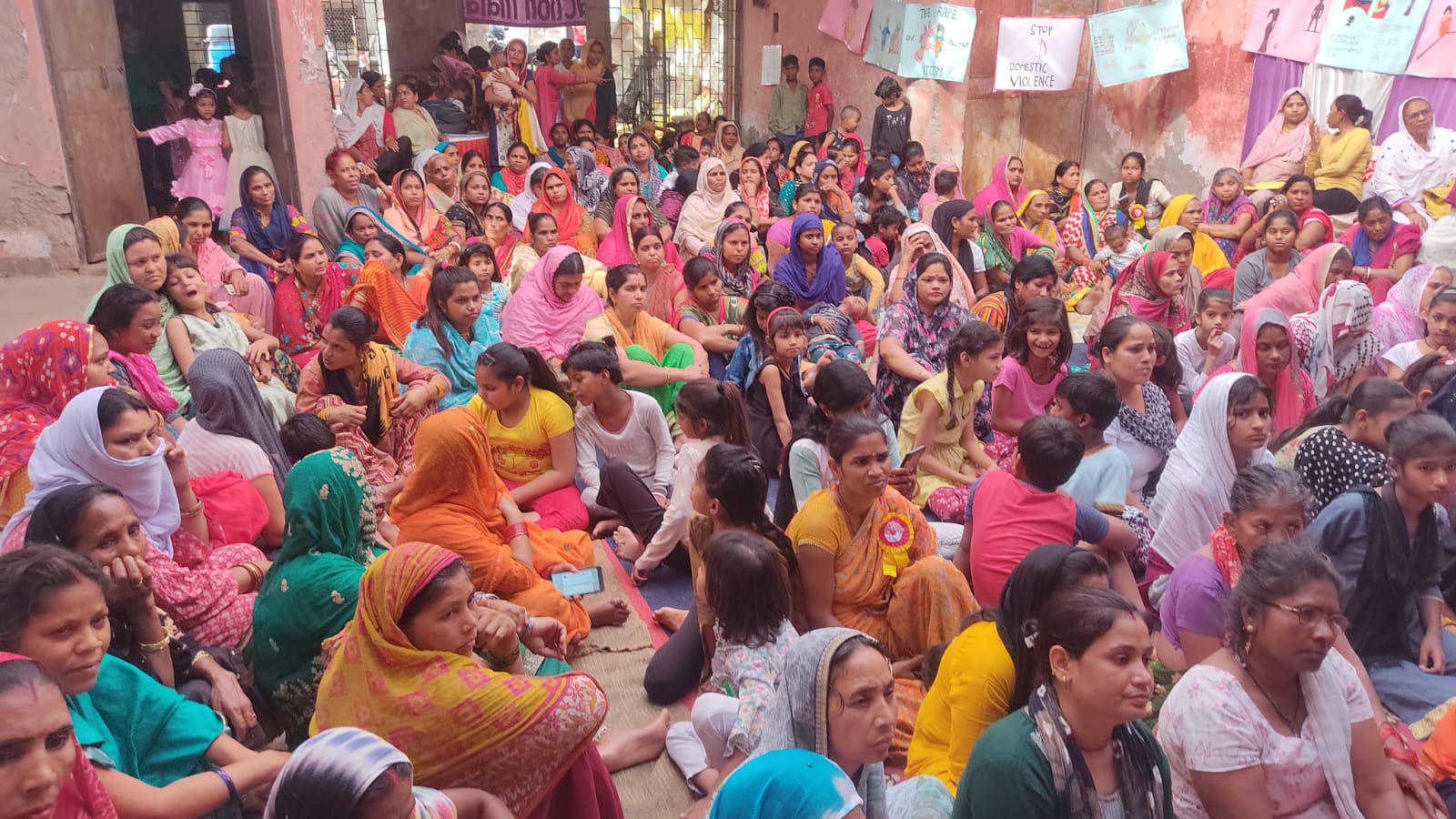

Domestic workers play a significant role in the growth of many families in Delhi. As professional and personal roles for members of many middle, upper middle and upper class families demand higher and higher working hours, they are significantly dependent on domestic workers for many household chores, caring for those in need etc. However, even with International Labour Organization Convention 189 coming into force in 2013, domestic work continues to be undervalued and invisible. As per different estimates, there are approximately 500,000 domestic workers in Delhi (WIEGO Policy Brief N 21). As per different studies, domestic workers face issues of job security, low wages, abuse while working, no leave guarantee etc. Domestic workers are excluded from most of the protective labour legislations in India, because of constraints in the definitions of workers, employer, establishment etc.
In 2018, the Supreme Court of India ordered the State governments to start registering at least 10% of the estimated workers every year, starting 2019. Action India initiated a pilot project in Dwarka, New Delhi to address labour rights issues of domestic workers in 2021. This project focuses on the registration and membership of the domestic workers. Action India sought to enable the registration of all domestic workers in our current areas of work by the end of 3 years. We started with the formation of group/collectivising the domestic workers and selection of leaders/peer educators of the collectives. We have succeeded in forming 20 collectives while 100 leaders/peer educators have been identified and are being trained as leaders. Action India aims to create a conducive working environment, ensure living wages and specified hours of work for the domestic workers.
So far, 500 women working as domestic workers have been collectivized in 50 groups of members under the banner of “UJALA Manch”. These members were provided basic information on labour laws. 50 leaders out of these were given training on use of phone for child care, ensuring safety during commute, admission of children in school and ICDS. Interactions of these leaders were also arranged with RWAs on use of toilet etc. Multiple interactions with members of UJALA Manch confirmed issues of domestic workers highlighted by different studies and experiences of other organisations. These issues include dignity of domestic workers, low wages, maternity benefit, social security after 50 years of wage etc. Training sessions are also conducted with the leaders, on gender and patriarchy, gendered division of labour and domestic work as a gendered work, history of the movement of the unorganised sector. Sessions on drug abuse, addiction, and de-addiction at the community level enabled the community to understand the various forms of drugs and the mechanism to counter them. Multiple meetings were held to create awareness on the working conditions of domestic workers and enable them to reach the services. A legal camp was held on Domestic workers’ rights, e-coupons and the domestic violence by the domestic workers. This session was conducted by Adv. Meenu Sharma of Delhi High Court. Every year on 16th June, domestic workers assemble to celebrate the International Domestic Workers Day with the slogan “Domestic work is not slavery”.